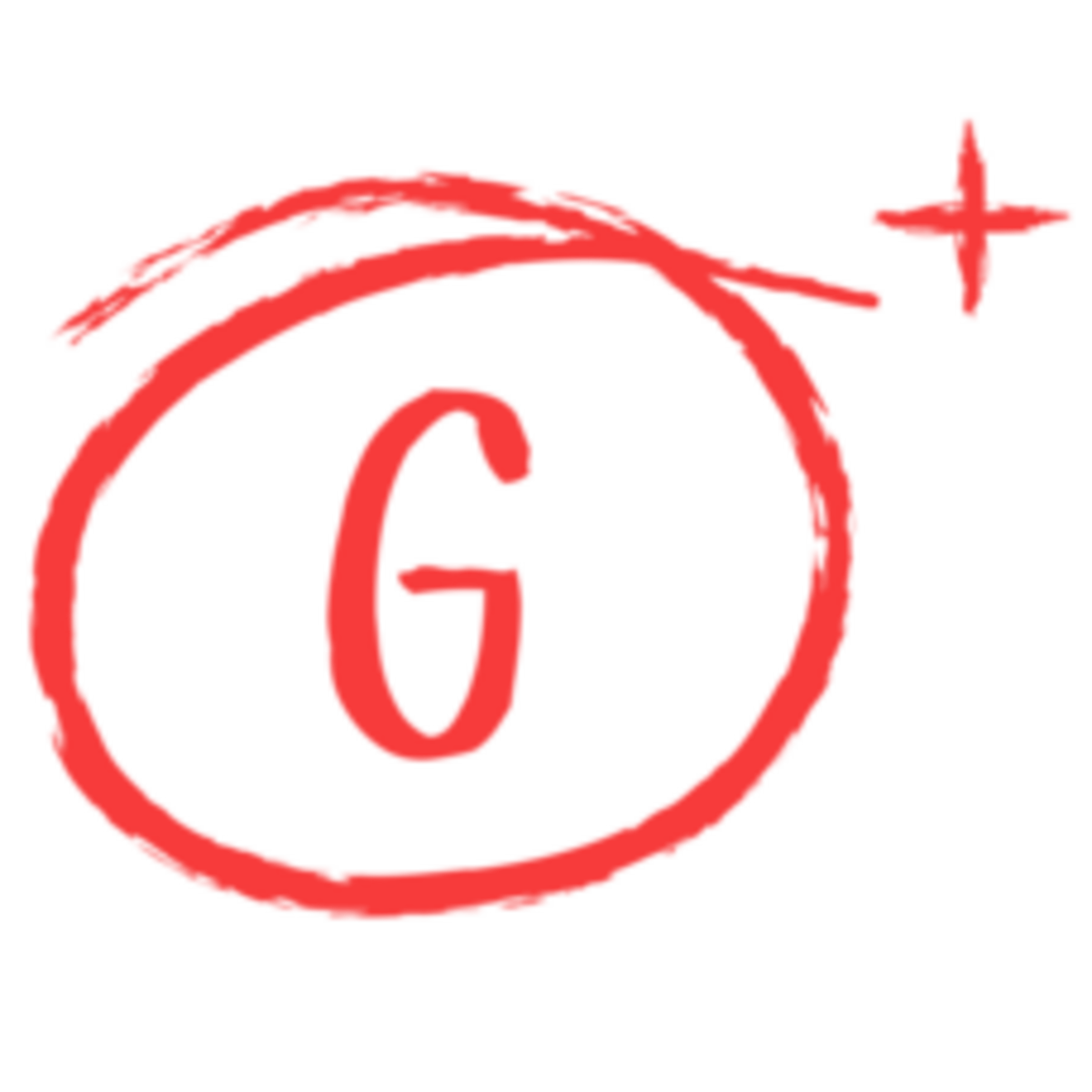In the competitive world of talent acquisition, one-size-fits-all screening tests no longer suffice. Modern hiring requires a more tailored approach, ensuring candidates possess the specific skills, knowledge, and traits necessary for a role. Customizing HR screening tests can help employers make data-driven decisions, enhance candidate engagement, and improve overall hiring outcomes.
Why Customization Matters
Role-Specific Skills: Every position requires a unique set of skills and competencies. A generic test might fail to capture these nuances, whereas a customized screening test targets the specific capabilities you’re seeking.
Better Candidate Experience: Tailored tests feel more relevant to candidates, showing that the company values precision and effort in hiring. This can improve engagement and attract top talent.
Improved Hiring Accuracy: Customization reduces false positives and negatives, ensuring that only the most suitable candidates advance in the hiring process.
Steps to Create Effective Custom HR Screening Tests
Define Key Requirements
Start by identifying the core skills, knowledge areas, and attributes required for the role. Collaborate with hiring managers and team leaders to develop a detailed job description.Choose the Right Test Types
Depending on the role, select from various test formats:Skills Tests: For technical roles, include coding challenges, language proficiency tests, or industry-specific tasks.
Behavioral Assessments: Evaluate traits like teamwork, leadership, and adaptability.
Situational Judgment Tests (SJTs): Assess how candidates would handle real-world scenarios.
Leverage Technology
Use advanced platforms that allow for customizable testing. Many tools offer drag-and-drop interfaces to create questions, integrate multimedia, and automate scoring.Ensure Test Relevance and Fairness
Avoid including unnecessary or overly complex questions that don’t reflect the role. Ensure tests are accessible to diverse candidates and comply with legal standards.Pilot the Test
Before full implementation, trial the test with current employees or a small candidate pool to ensure clarity, effectiveness, and alignment with job expectations.
Advantages of Custom HR Screening Tests
Higher Quality Hires: By tailoring assessments, employers can pinpoint candidates who align closely with the role's requirements.
Efficiency: Automated customized tests save time by filtering out unqualified candidates early in the process.
Reduced Turnover: Employees selected through tailored tests are more likely to succeed and stay longer, reducing hiring costs in the long term.
Data-Driven Insights: Custom tests provide valuable data to refine hiring strategies and benchmark candidate performance.
Challenges to Address
Time Investment: Creating customized tests requires effort and collaboration, but the long-term benefits outweigh the initial investment.
Avoiding Bias: Ensure the test is unbiased and focuses solely on job-related criteria. Regularly review and update tests to reflect evolving role requirements.
Technology Costs: Advanced testing platforms can be expensive, but many offer scalable solutions to fit different budgets.
Conclusion
Customizing HR screening tests is an essential strategy for employers seeking to enhance their hiring process. By tailoring assessments to the unique demands of each role, companies can improve the accuracy, fairness, and efficiency of candidate evaluation. In today’s competitive job market, personalized testing isn’t just a luxury—it’s a necessity for building a high-performing team.

